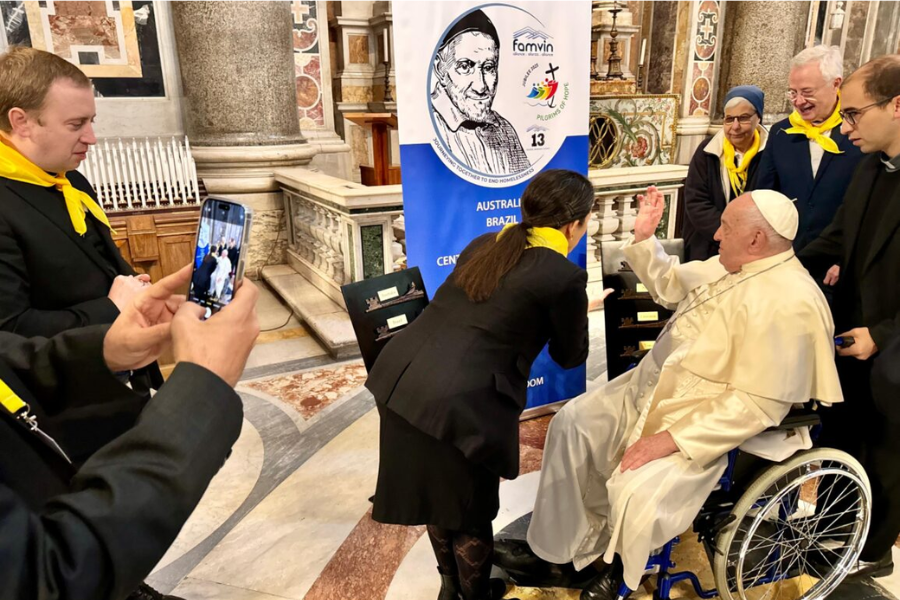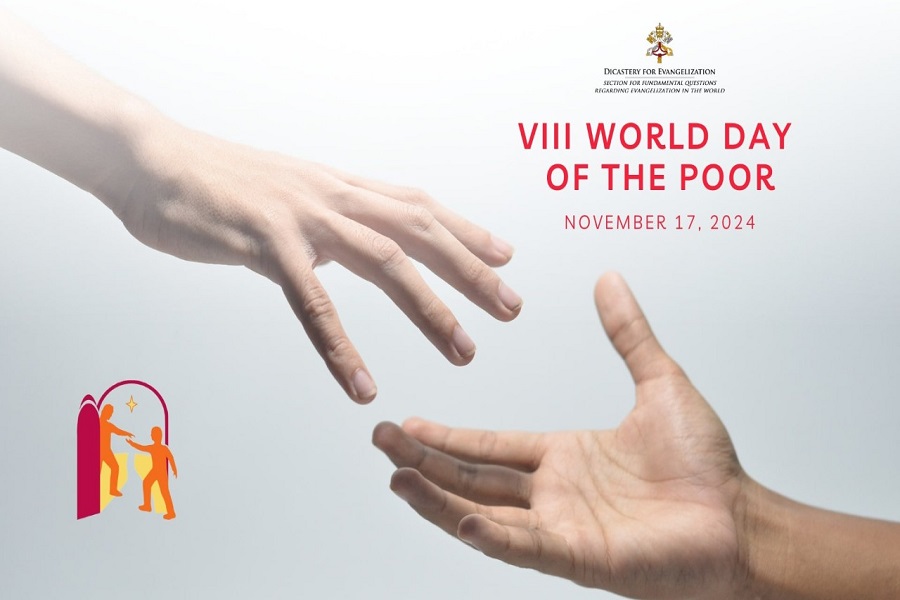Due to persistent political instability, the Central African Republic finds itself both a land of refugee reception and a territory from which its inhabitants flee to seek safety in neighbouring countries. The neighbouring countries – Sudan, South Sudan, Chad – are, in turn, in a precarious situation, caused by guerrilla or bandit groups, or mercenaries.
According to Fides – Pontifical Missionary Works – after several years there are more than six hundred thousand Central Africans waiting to return to their country thanks to the programme for their repatriation coordinated by the United Nations High Commissioner for Refugees in collaboration with the Bangui government. Central African refugees living in the Democratic Republic of Congo, Chad and Cameroon are expected to be gradually repatriated by 2024.
Thousands of refugees have sought asylum in the Central African Republic, mainly Sudanese, Chadians. “What we are doing for these people is guaranteeing them freedom of movement in terms of protection and documentation. In addition to protective assistance, we provide household items, water, shelter and sanitation”, says UNHCR.
The Catholic Church provides support to migrants, refugees, displaced people and victims of human trafficking through the Bishop’s Commission for Refugees and Migrants: “The Church must be close to migrants and refugees. Many people leave this country, sometimes not because they have chosen to but because they are forced to and the Church, as a mother, cannot remain hostile to her brothers and sisters”, says Cardinal Dieudonné Nzapalinga, Archbishop of Bangui and head of the Commission.
In 2023, thanks to funding from the International Catholic Commission for Migrants, at least 542 people were assisted by the Commission, thanks to projects for children’s education, therapeutic nutritional support for malnourished children, the organisation of training workshops in mental health and psycho-social support in Bangui, Boda, Bossangoa and Bouar.
For their part, the Sisters of Charity are present in the educational field, with schools in Bocaranga, Bohong and Bouar, while in Bangui, land has been purchased for another school building. For university education, women’s colleges, called ‘foyers’, have been opened to accommodate young girls from isolated areas.
At the health level, a dispensary for primary health care is open in Bohong.
At the prison in Bocaranga, the Sisters of Charity are on duty with the inmates.
The home service is organised by all the communities: it ensures proximity, listening, taking charge.
Parish pastoral work is also very lively.
In Berberati, the Kizito Fraternity Centre is active.






